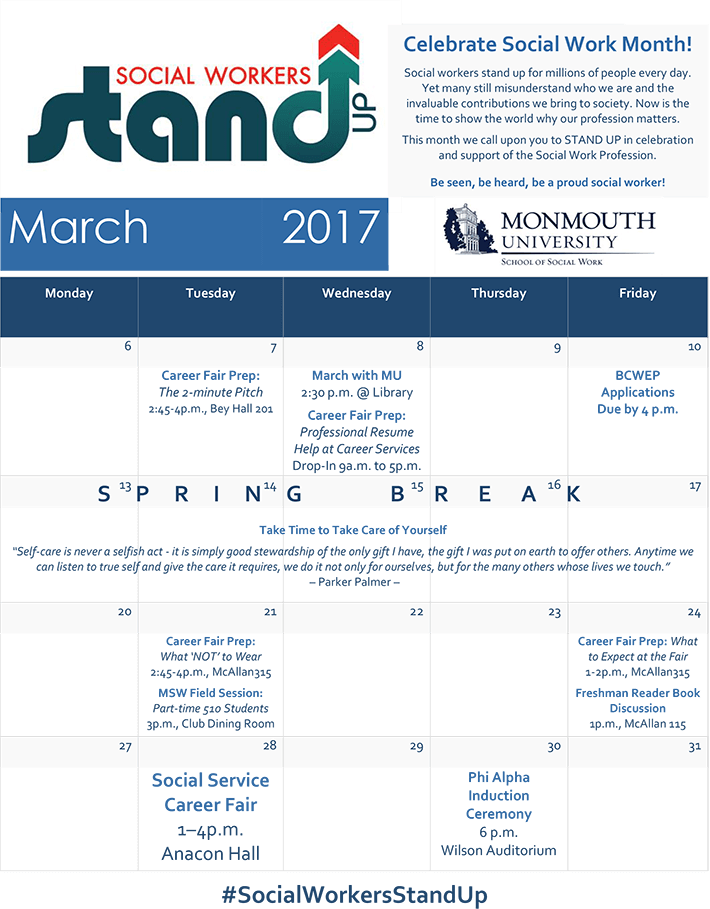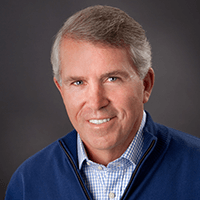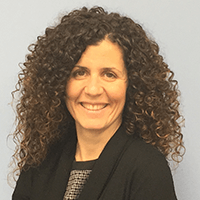CALENDAR OF EVENTS
Hispanic Heritage Month 2016
Honoring Our Heritage
Building Our Future
September 15 – October 15
| September 15 – October 15 Library Room 101 9 a.m. – 5 p.m. |
Memorias – Geography of a Decade: Chile 1973-1983 Exhibit |
|
|
|
| September 26 Woods Theatre 6 p.m. |
Tres Vidas Celebrating the lives of Frida Kahlo, Rufina Amaya, and Alfonsina Storni Performance |
|
|
|
| October 3 Library 3 – 6 p.m. |
Memorias – Geography of a Decade: Chile 1973-1983 Presented by Chilean Writer Gustavo Gac-Artigas and Dr. Priscilla Gac-Artigas Lecture |
|
|
|
| October 3 Wilson Auditorium 6 – 8 p.m. |
Movie: ¡Alambrista! Vivid and spare where other films about illegal immigration might sentimentalize, Robert M. Young’s take is equal parts intimate character study and gripping road movie, a political work that never loses sight of the complex man at its center. |
|
|
|
| October 12 Library 4:30 – 6 p.m. |
400 Year Celebration of Cervantes’ Death Presented by Dr. John O’Neill, Librarian and Curator of Rare Books and Manuscripts from The Hispanic Society of America NY Book Exhibit, Lecture, Reception |
|
|
|
| October 13 Plangere Room 115 2 – 3 p.m. |
Study Abroad Program in Cadiz, Spain Presented by Dr. Alison Maginn |
|
|
|
| October 15 Pollak Theater 8 p.m. |
BENISE – Strings of Passion 10 Year Anniversary World Tour Performance |




